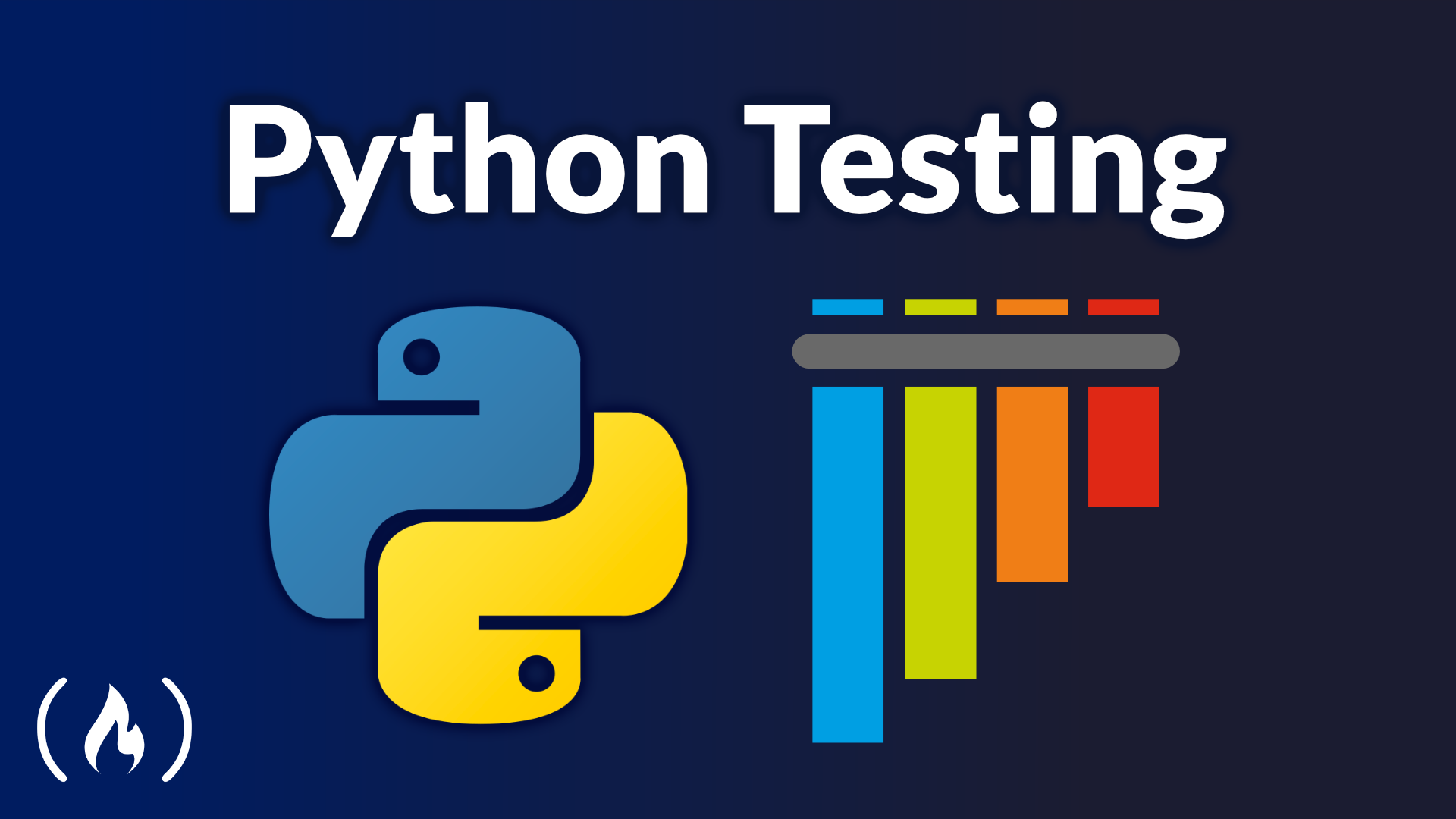Testing in Python with Pytest

[ad_1]
Ensuring the reliability and functionality of your code is crucial. This is where testing comes into play, serving as a safety net that helps catch bugs and verify that your application behaves as expected.
We just published a pytest course on the freeCodeCamp.org YouTube channel. Pytest is one of the most popular testing frameworks for Python and this course teaches the process of writing effective and efficient test cases.
Farhan Ali cerated this course. He is a freelance web developer who specializes in both design and fullstack web development.
What is pytest? Pytest is a robust testing framework for Python that makes it easier to write simple and scalable test cases. With its simple syntax, Pytest allows developers to get started quickly with minimal boilerplate code. It supports fixtures, parametrization, and numerous plugins, making it a versatile and powerful tool for writing and organizing test cases.
Here are the sections in this course:
- Our First Tests: The first section of the course introduces the basics of writing tests using pytest. Viewers will learn how to set up their testing environment, create simple test functions, and run tests to validate their code.
- Class-based Tests: Moving on, the course dives into class-based tests, which provide a structured way to organize test cases. This section will cover the use of test classes, setup and teardown methods, and the advantages of grouping related tests together.
- Fixtures: One of pytest’s most powerful features is fixtures. This section explains how to use fixtures to set up preconditions for tests, manage resources, and ensure consistent test environments. By mastering fixtures, developers can write more maintainable and reusable test code.
- Mark & Parametrize: This part of the course explores the use of marks and parametrization in pytest. Marks allow for easy filtering and categorization of tests, while parametrization helps in running the same test with different inputs, ensuring comprehensive test coverage.
- Mocking: Mocking is an essential technique in testing, especially when dealing with external dependencies. This section will teach viewers how to use mocking to simulate external services, isolate test cases, and validate interactions between different parts of the codebase.
- Testing with ChatGPT: The final section of the course demonstrates the innovative integration of ChatGPT in the pytest testing framework. ChatGPT, developed by OpenAI, is a powerful language model that can generate human-like text based on given prompts. By leveraging ChatGPT, developers can create more dynamic and intelligent test cases, ultimately enhancing the quality and effectiveness of their test suites.
Pytest’s flexibility, combined with the course’s comprehensive content, will empower developers to write efficient and effective test cases, ensuring their code is robust and reliable.
Watch the full course on the freeCodeCamp.org YouTube channel (2-hour watch).
[ad_2]
Source link
